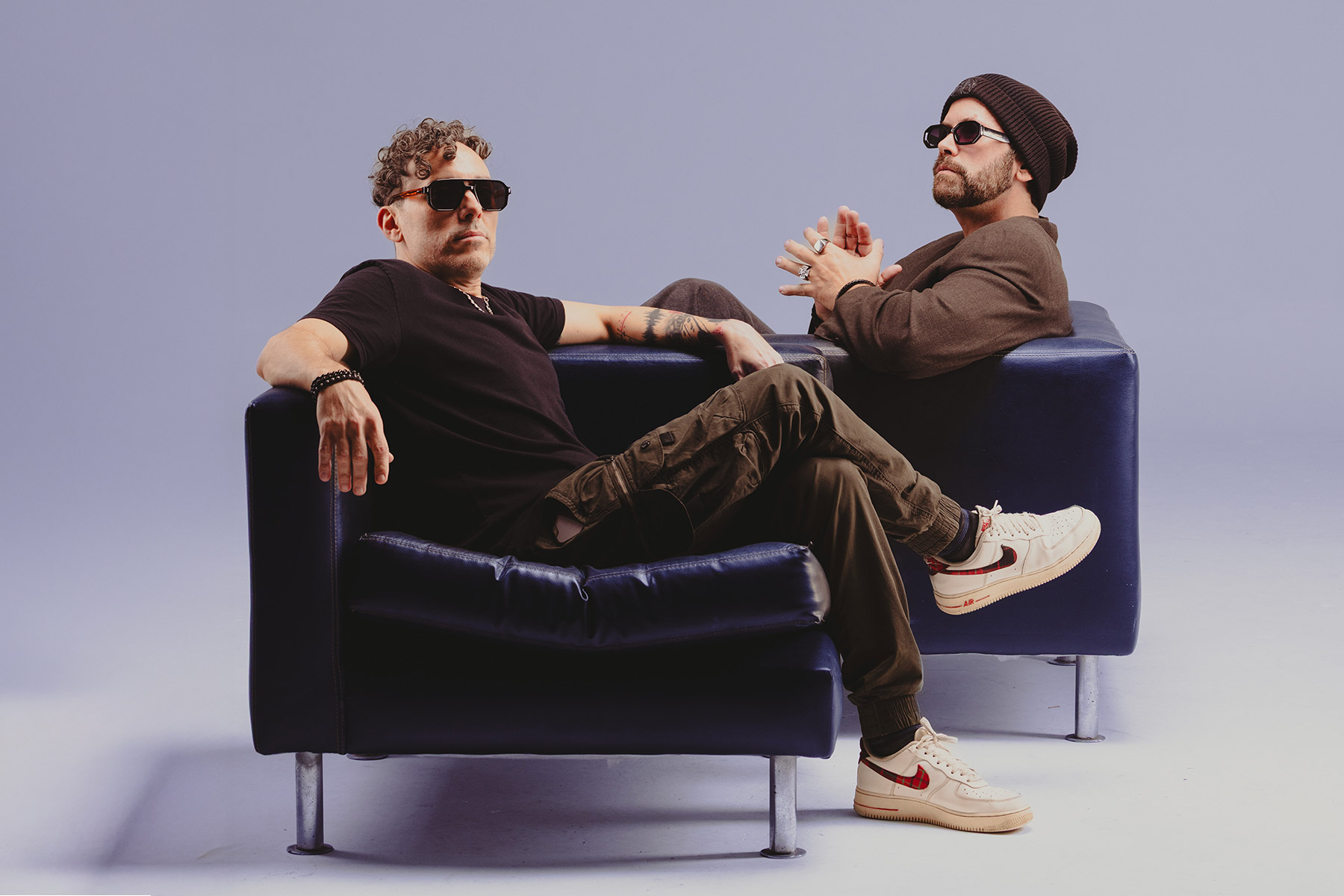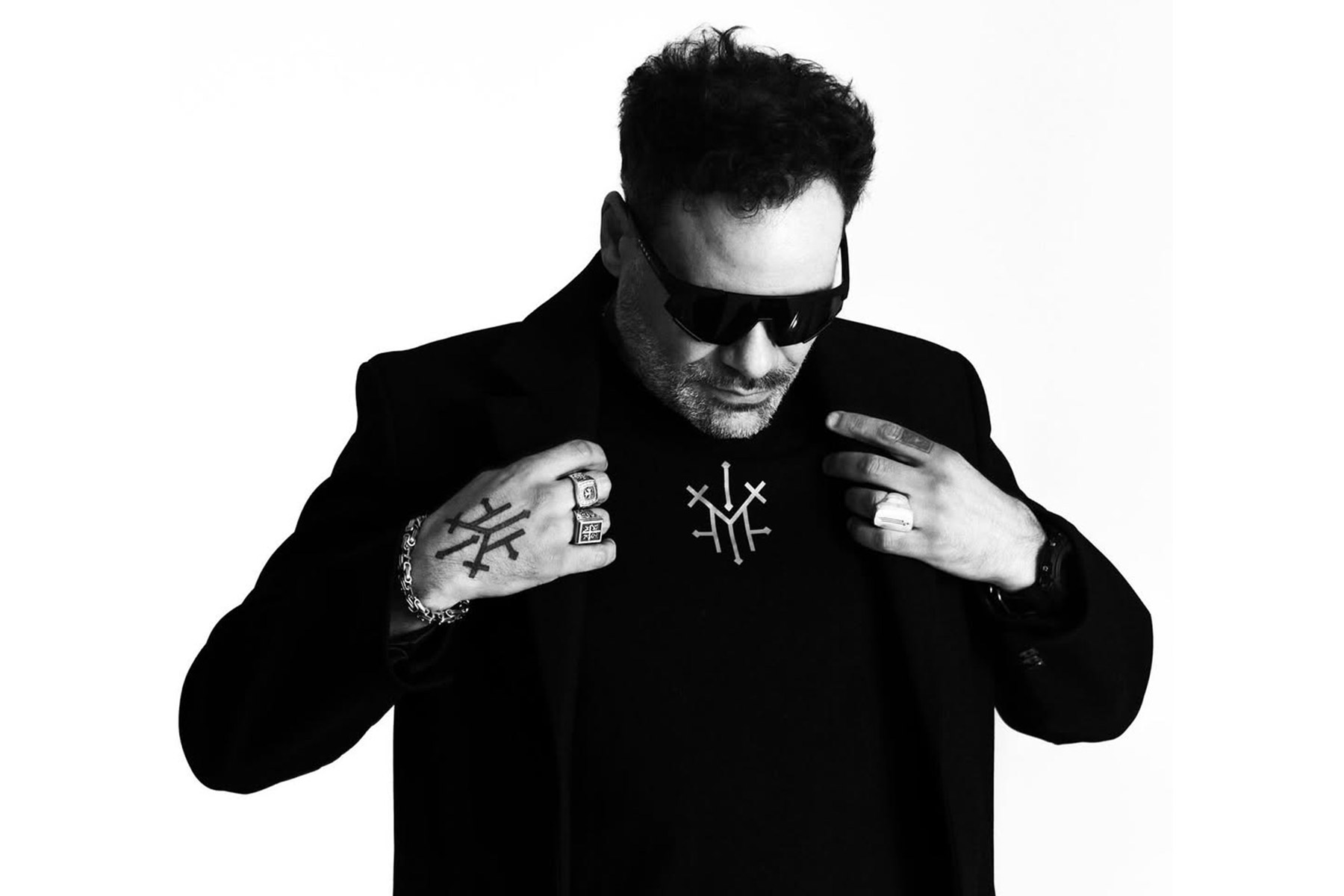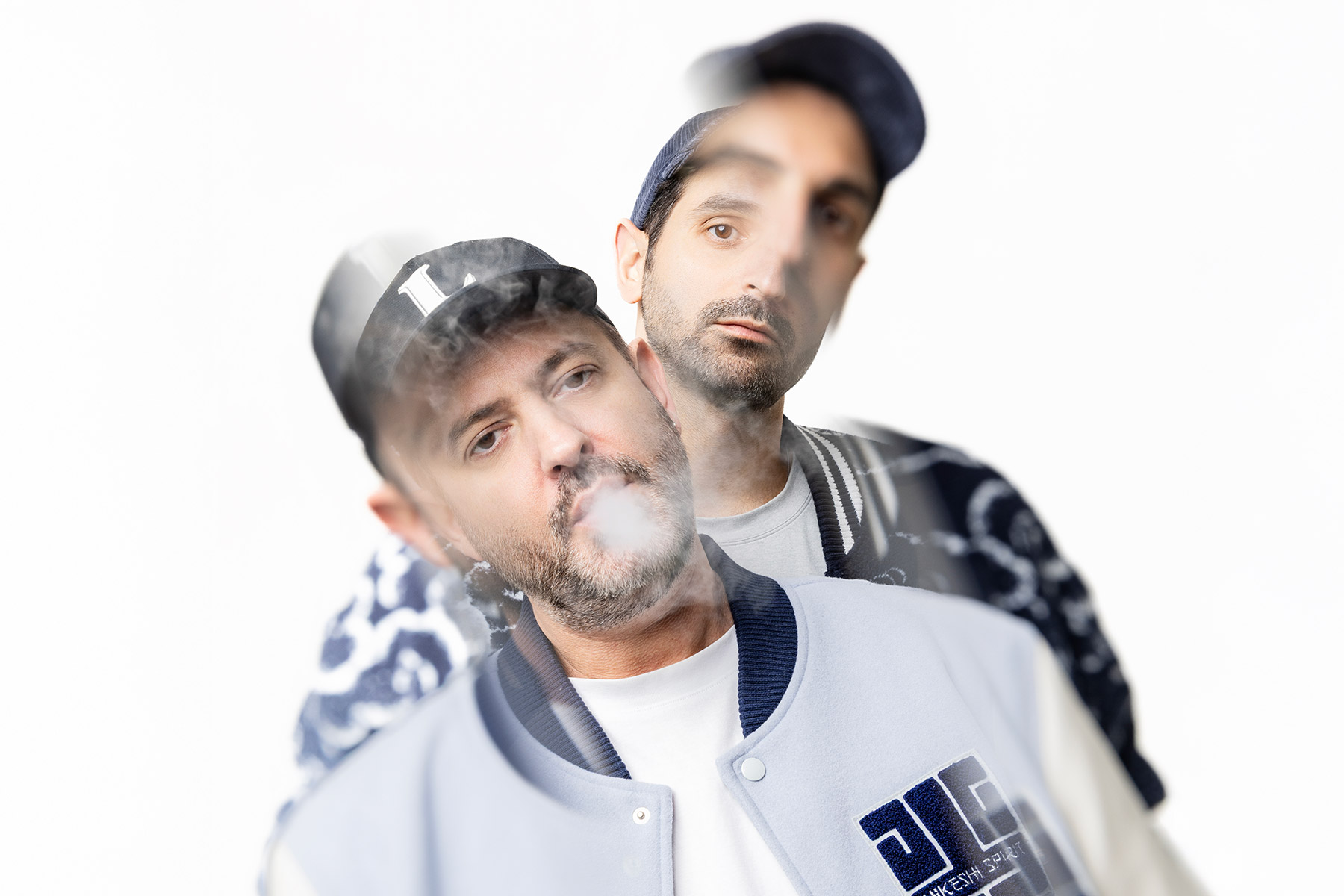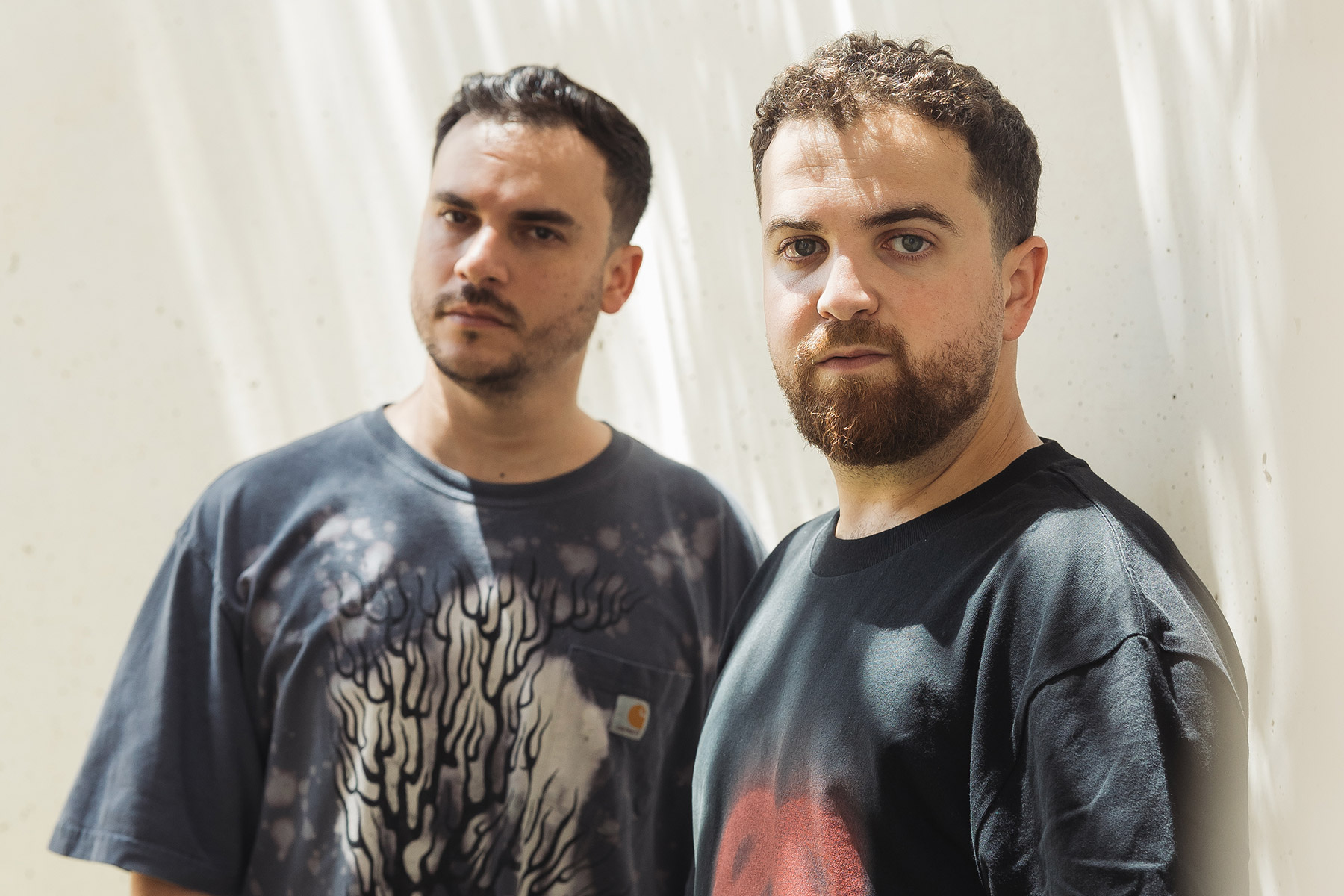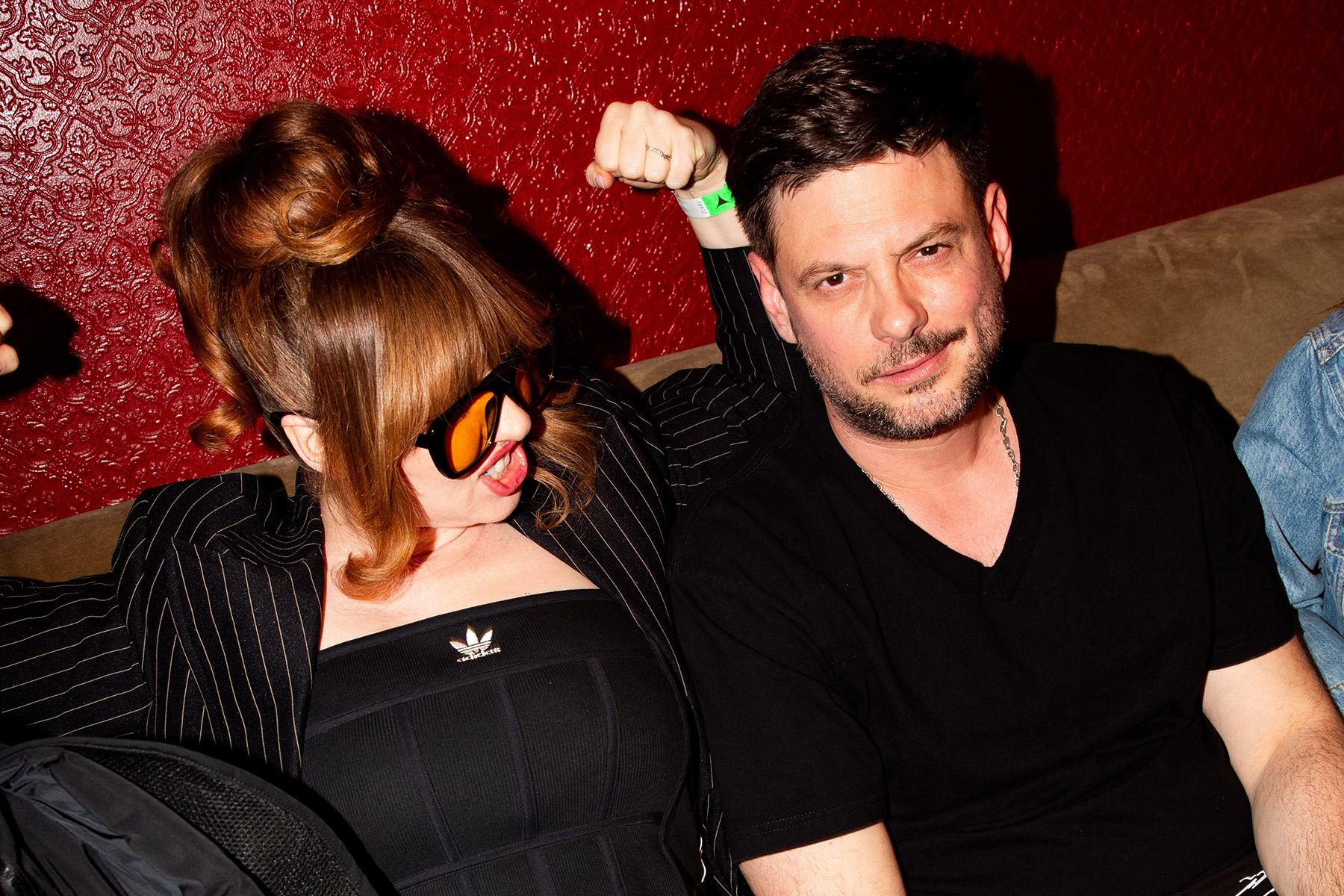Tim Engelhardt is part of a distinct new breed of young producers who gets his cues from all types of genres and listening scenarios. Having released his very first record when he was only 14 years old, he is considered to be a prodigy producer in the electronic industry.
Fast forward five years later, and at 19 Tim is the youngest artist ever to be signed to Steve Bug’s Poker Flat Recordings and has more than twenty releases already behind him. Dropping his debut album in 2017 ‘Moments of Truth’ on his home label Poker Flat Recordings, he also boasts multiple collaborations with Romania’s BOg including their single “No More Words” on Dixon’s Innervisions and “Why Should” on Solomun’s Diynamic. Not one to ever slow down, 2018 has already seen him put out a five track EP with BOg titled ‘Alma’ out on Poker Flat Recordings and remixes of Compuphonic’s classic track “Sunset” on Get Physical Music.
His live sets feature unique impromptu rearrangements and a medley of tracks that blend live keys using both digital and analog hardware that generate a deep and melodic soundscape that is brought forth from his days as a classically trained pianist through to his now tech house vibes.
Announcing dates for his North America spring tour with seven live shows showcasing his own original music with live keys at The Cityfox Experience in Brooklyn, Desert Hearts Festival, Miami and more US cities this April. With an notable discography already under his musical belt, heavyweights including Dixon, Âme, Steve Bug, John Digweed and Solomun, have been quick to support this German “wunderkid”.
We caught up with the artist to talk creative inspirations, Cologne’s scene and the provoking of memories.
EG: Tim, thanks so much for this opportunity to chat with you during your hectic schedule! Talk to us a little bit about how you’ve come to handle the whirlwind of success at such a young age? How do you stay grounded?
Tim Engelhardt: My pleasure! It’s important to remind myself at times to not overthink things and rather just enjoy the ride. As much as it is work too, it’s also a labor of creativity and fun for me; studio time is precious time to myself.
I stay grounded by being around family and friends a lot. I live in a very rural area too which has a calm feeling to it – I benefit from that for sure!
EG: What was your upbringing like? Was music always at the forefront of your childhood experiences? Please share with us some of those experiences that helped shape you as a person and artist.
Tim Engelhardt: I’m not from a typical musical family, but we always had music playing in the house or in the car so I was in touch with the strangest sorts of records from an early age (my dad was a progressive rock fan).
I once said in an interview with Electronic Beats Slices, there’s this memory where we would go on holiday and Mike Oldfield’s “Tubular Bells” was playing in the car on the highway. This piece of music is very special to me (I know it by heart), even though there was a phase a few years back where I didn’t want to listen to it.
I’m going back to it quite often these days and every time I think to myself, ‘Mike Oldfield is a genius.’ He was even younger than I am now and made this record almost all by himself, without computers, MIDI and all the other helpers – that’s true talent and musicianship.
“A record has to sound organic and fluid to me and I think if you listen closely to my records, all of them have this feature to some extent”
EG: I heard you mention in an interview that it’s important for you to recognize yourself in the music you make or listen to, could you elaborate on this?
Tim Engelhardt: It’s not easy to put this in words, but I’ll try. I’m quite an introverted person and I think this reflects as some sort of restraint in my productions. I’m not a fan of hectic sounds or many ‘big’ sounding instruments.
A record has to sound organic and fluid to me and I think if you listen closely to my records, all of them have this feature to some extent.
EG: Robert Babicz is one of your mentors, apart from his obvious gifts and talents as a top-notch producer and mastering engineer, could you tell us how you connected with him and what would you say was the most important thing you learned from him?
Tim Engelhardt: When I first got started, I had no clue how the music industry worked, so I just tried to contact him over Soundcloud and I was lucky – he responded within a few hours with very constructive criticism.
The most important thing I learned from him was about mindset. You have to believe in what you are doing, if you are feeling it, someone else is likely going to feel it too.
Technically, the most precious thing he recommended was subtractive EQ. It’s something that has become a game-changer for me really. When you boost frequencies with a digital EQ it rarely sounds natural. Some character EQs can do it quite OK these days, but I never boost things in the box. I prefer to take down a frequency that’s too dominating and create a balance first.

EG: You started using software at such an early age. How did you become interested in something so complex? Was it made readily available to you at school or in your home? How have particular technologies helped you as an artist?
Tim Engelhardt: Sometimes I wonder about this myself. When I got my first digital audio workstation (DAW), I just really wanted to learn how to use it and I wasn’t afraid to put in a few hundred hours – I really wanted to know how to make this music.I was always fascinated by computers, so making music with that felt really good. Nowadays I’m more into actual machines and synthesizers, but it was a huge bonus to be able to learn about everything in detail beforehand without spending tons of money.
EG: Who would you say are your musical influences?
Tim Engelhardt: In the beginning of my career as a producer, my biggest influences were Robert Babicz, Gui Boratto, Carl Craig and David August.
These days I’m listening to older music from before I was born to get an idea of what was going on back then. I try to discover as much as possible and I buy at least two, three albums a week. Right now I’m fascinated by Japanese techno records. I’m only starting to realize how endless the field of music actually is.
EG: Could you tell us a little bit about your experience working with and meeting such talents as Dixon, Steve Bug and Solomun? How did working with them come about?
Tim Engelhardt: I’ve been very lucky to have support from all of those guys. Steve Bug signed me to Poker Flat Recordings three years ago as the youngest artist ever on his label. Working with Solomun and Dixon last year felt like a somewhat natural evolution and really brought me a lot of attention. With all three of them, it’s a very easy, relaxed way of working.
EG: Has your age ever become an obstacle with regards to gaining respect amongst other seasoned artists? Is age really just a number?
Tim Engelhardt: I don’t think that ever was the case – usually, when I meet other artists who are in the industry for longer than me, I’m grateful for every advice that I can get. You can tell from the way someone talks about music and especially about music production, if the person has got skills or is only pretending to have them. I enjoy talking about music with other artists a lot and I think most people can feel I have a serious understanding for music, so respect comes naturally, from both sides.
“I enjoy playing for an audience more with every gig, but it’s something that I’m still learning – I feel I have come far, but there’s still a lot of room to push myself”
EG: Do you feel most comfortable in the studio or performing in front of a live audience?
Tim Engelhardt: Honestly, I see myself more as a producer. I enjoy playing for a audience more with every gig, but it’s something that I’m still learning – I feel I have come far, but there’s still a lot of room to push myself. In the studio, on the other hand, I feel a lot more comfortable and I seem to have found everything I need, gear-wise. When I’m in the studio these days, there’s nothing in the way of my creative process, it’s a very intuitive affair.
EG: We are so proud to have you as part of the Electronic Groove podcast family, could you tell us what goes into preparing a set of that nature or a live set?
Tim Engelhardt: Well, a podcast and my live shows are two totally different beasts. I never dj on stage, only play live with external gear, so when I have to mix a podcast I’m not driven by a dj-like approach. I rather want to present the sound that I would like to listen to at home to the listener, with musical transitions that represent my very own taste.
EG: What would you say has been the most pivotal or memorable moment thus far in your career?
Tim Engelhardt: I think the release day of my album “Moments Of Truth”. It’s a big challenge to put together a project like this, especially when you’re working completely solo, to express yourself over not only 2 or 3 tracks on an EP, but rather showcase your whole spectrum on a proper LP. It feels just great to see the positive reactions from all over the world, from fans and artists alike.
EG: Where in the world would you say you have the biggest fan base?
Tim Engelhardt: That’s most likely in Germany. I know I have many fans in Switzerland, Turkey, Australia and the US too.
EG: Looking ahead, what can we expect from you in the remainder of 2018?
Tim Engelhardt: Next, there will be a collaboration single in May with a very well known artist – keep an eye out for this one!
I’m also preparing 2 new EPs and a few rather special remixes 🙂
Get your tickets for Tim Engelhardt at Miami’s Do Not Sit On The Furniture!
Follow Tim Engelhartd:
http://www.tim-engelhardt.com
https://www.facebook.com/tim.engelhardt.artist
https://soundcloud.com/timengelhardt
https://www.instagram.com/timengelhrdt




